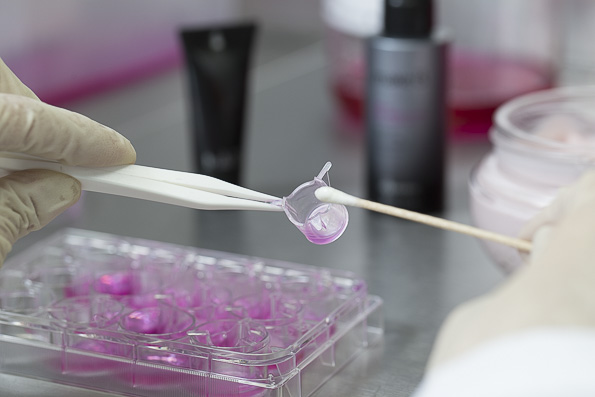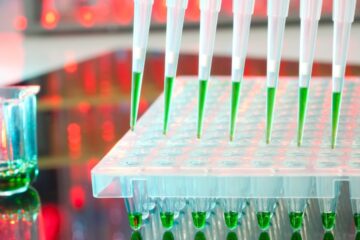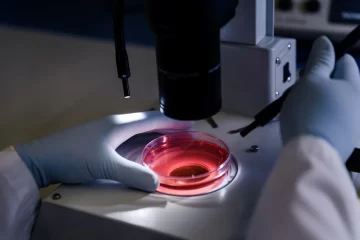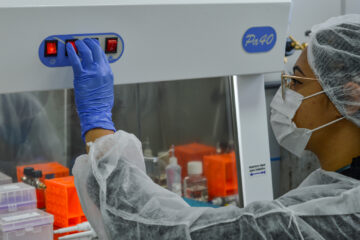Carolina Barizan Perdão (1) 1. Crop Biolabs
Currently, it is no longer possible to use animal testing for cosmetic ingredients and products, in member states of the Organization for Economic Co-operation and Development (OECD), and recently in Brazil.
With attention to the production of cruelty-free products, in vitro tests are widely used to determine the safety and efficacy of cosmetics ingredients. A modern and effective model for in vitro testing cosmetic ingredients is the use of 3D skin.
It is known that 3D skin models with natural human features can be used to analyze cosmetic ingredients and formulations, even as Skin irritation by cosmetic products, but skin irritation is studied less than ingredients on 3D skin models.
Researchers from China, with technical assistance from L’Oréal Research and Innovation Center (Shanghai, China), explored using 3D skin models to detect skin irritation with resident and cleaning cosmetic products, using HE staining to observe the structure of reconstructed skin models; MTT assay to analyze tissue activity, and ELISA assay to detect the relative expression of IL-1α release to evaluate skin irritation with cosmetic products.

In this paper, skin irritation evaluation in 3D skin models has a tissue activity of less than 50% and presented a relative expression of IL-1α that is 3-fold greater than baseline.
See the full paper: https://doi.org/10.1111/jocd.13789
Learn more about Crop Biolabs services for cosmetics ingredients: https://cropbiolabs.com.br/




